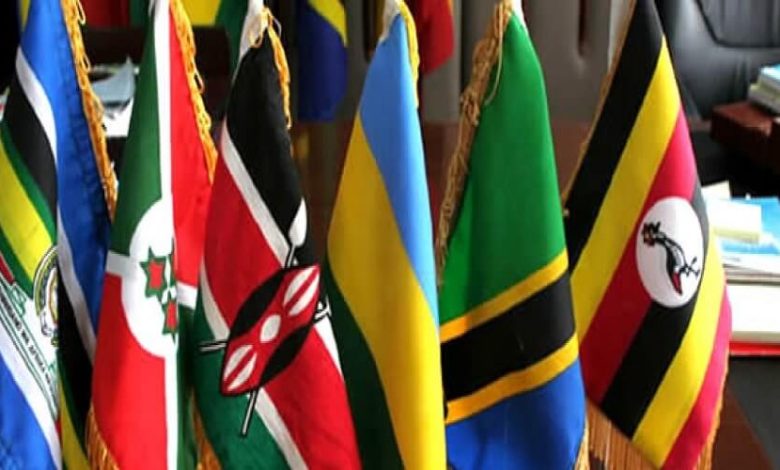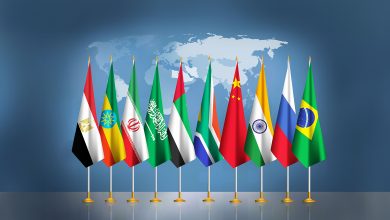Tanzania leads East Africa in Global Peace Index 2024

DAR ES SALAAM: WHILE East Africa continues to navigate a complex security landscape, Tanzania emerges as a notable leader in regional peace, topping the East African Community (EAC) in the Global Peace Index (GPI) 2024.
The index positioned Tanzania at 65th globally out of 163 independent states and territories, firmly within the “medium” peacefulness category and seventh among sub-Saharan African countries.
This achievement highlights Tanzania’s relative stability within a continent exhibiting diverse peace trends. Tanzania’s GPI 2024 score of 1.987 not only secures its leading position within the EAC ahead of Burundi, the Democratic Republic of Congo, Kenya, Rwanda, Somalia, South Sudan and Uganda but also signifies a significant improvement on the global stage, climbing 11 ranks from its 2023 standing.
The Global Peace Index, a comprehensive analysis by the Institute for Economics and Peace (IEP), assesses peace across 163 nations using indicators spanning societal safety and security, the extent of conflict and the degree of militarisation.
Tanzania’s performance underscores its relative tranquility in a region and continent facing multifaceted peace and security challenges. While Tanzania leads the way in East Africa, the broader Sub-Saharan African region presents a mixed picture in the 2024 GPI.
Mauritius, Madagascar, Botswana, Ghana, Zambia and Namibia precede Tanzania in the regional ranking, showcasing that while East Africa faces particular challenges, other parts of the continent demonstrate even greater levels of peace.
However, Tanzania’s leading position within its immediate neighbourhood underscores its crucial role in fostering stability and potentially serving as a positive example for the wider East African community. However, Tanzania’s leading position within East Africa remains significant.
The region continues to contend with issues such as political transitions, inter-state tensions and the persistent threat of violent extremism in certain areas. In this context, Tanzania’s relative stability and improvement in the GPI offer a positive contrast and a potential model for its neighbors.
Factors contributing to Tanzania’s comparatively higher level of peace likely include a history of relative political stability, government efforts towards maintaining social cohesion and a focus on internal conflict management.
Furthermore, Tanzania’s engagement in regional diplomatic efforts and its commitment to peaceful conflict resolution within the EAC may also play a role in its positive ranking.
Despite the challenges faced by some nations across the African continent, Tanzania’s leading position in East Africa within the Global Peace Index 2024 offers a valuable insight. It demonstrates that sustained peace is achievable even in a region surrounded by complexities.
The focus now turns to understanding the specific strengths that have contributed to Tanzania’s relative tranquility and exploring how these lessons can contribute to fostering greater peace and stability not only within East Africa but also across the wider African continent.
Regional Contrasts: South Sudan and DRC Face Significant Security Challenges. The stark contrast to Tanzania’s relative peace is highlighted by the fact that two other East African Community members, South Sudan and the Democratic Republic of Congo (DRC), are among the five least peaceful countries in the Safety and Security domain of the Global Peace Index (GPI) 2024.
South Sudan ranks as the least peaceful country (163rd out of 163) in the Safety and Security domain, with a score of 3.903.
This alarming ranking reflects the extremely high levels of internal conflict, pervasive violence, high crime rates and a severe lack of security for its population, underscoring a major and deeply concerning pocket of instability within the EAC.
Its position as the least peaceful in this critical domain is a direct consequence of the fragile political landscape, the severe ongoing humanitarian crisis and the stalled peace process, raising significant concerns within the international community about the potential for a relapse into broader civil war.
Urgent calls are being made for South Sudan’s leaders to prioritise peace and the wellbeing of their citizens.
In the DRC, while its score in the Safety and Security domain has shown a slight improvement (-0.062) compared to the previous year, the underlying score of 3.737 still underscores the significant and persistent challenges the country faces in ensuring the fundamental safety and security of its population.
This contributes significantly to its low overall ranking in the Global Peace Index.
Despite the marginal positive trend, the DRC continues to grapple with high levels of internal conflict, widespread violence and persistent instability, as clearly reflected in its ranking within this critical domain.





